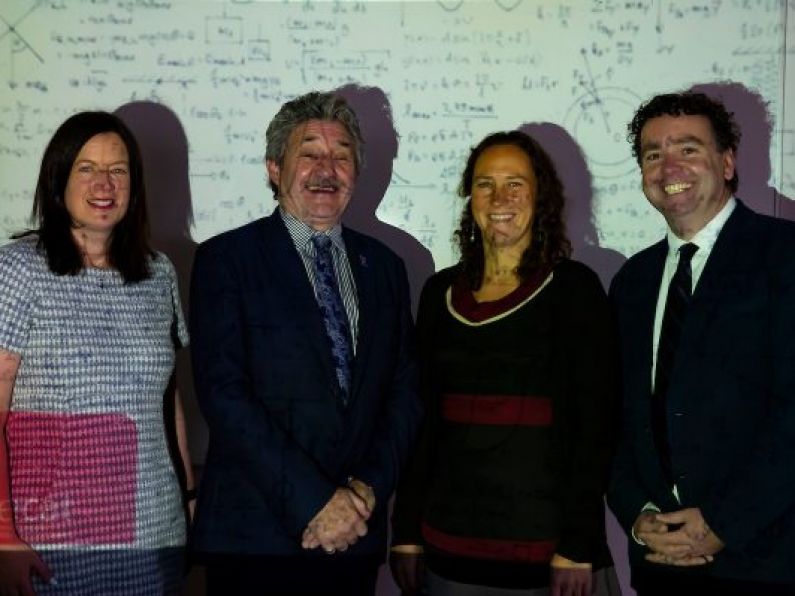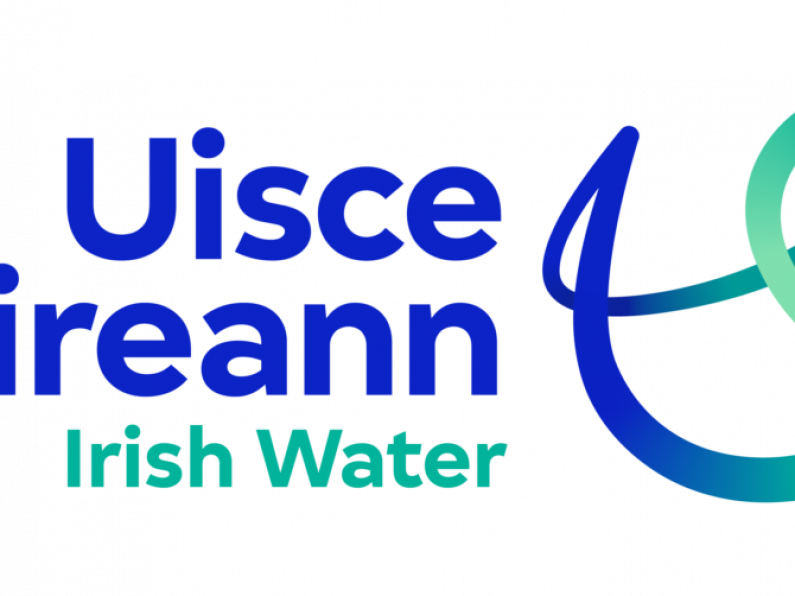A researcher at Waterford Institute of Technology’s (WIT) School of Business has been awarded €3.5m EU Horizon 2020 funding for research entitled ‘HECAT: Disruptive Technologies Supporting Labour Market Decision Making’.
The research will use sociological and anthropological insight on the experience of unemployment with expertise in national statistical and learning algorithms to develop new techniques to visualise the labour market.
Governments, all around the world are using artificial intelligence, predictive algorithms and risk-modelling to make decisions in relation to unemployed people, but these models are built by data scientists and software coders who know very little about the context of working with unemployed people. HECAT is a sociologically and anthropologically led project to make data trapped in public employment systems (PES) and national statistical offices available to unemployed people and those trying to help them to improve their personal decision-making and visionary future.
The research, led by Dr Ray Griffin, is funded under H2020 Societal Challenge 6 which explores socioeconomic and cultural transformations.
In WIT, the HECAT project was developed by Dr Griffin with colleagues Dr Tom Boland, Dr Zeta Dooly and Dr Aisling Tuite as part of the WUERC initiative (Waterford Unemployment/Employment Research Collaborative).
The programme is in collaboration with European partners at CNRS-Paris Sciences Po, Copenhagen Business School, Roskilde University, the University of Ljubljana, Jožef Stefan Institute, the Swiss NGO Platform Networking for Jobs and the Slovenian Government.
Speaking about the objectives of the programme, Dr Griffin said: “Everyone is concerned or should be worried about how algorithms and big data is being used in the labour market, we cannot put the technology genie back in the bottle, rather we need to figure out how to make the output from these novel technologies ethical, fair and transparent. We need to crack them open sociologically and anthropologically so that traditional researchers can fully understand how they operate and communicate that to the public.”
The project builds directly on 2016-2019 Irish Research Council New Horizons funding of €193,000 project “Understanding Unemployment in the era of Big Data: Exploring how data-driven theory and algorithmic knowledge can support better policy and personal decision making”.
John Halligan TD, Minister of State for Training, Skills, Innovation, Research and Development commented: “The Government funded the Irish Research Council New Horizon programme explicitly to build capacity and track record of Irish researchers so that they could access European funding, it is great to see that stimulus working”.
Commenting on origins of the research Dr Aisling Tuite said “we started studying unemployment in 2012 with a short summer research project for undergraduate students to learn about data collection. From that acorn and with the support of the Irish Research Council and Enterprise Ireland our work is now supported by large scale EU funding – the most significant and prestigious funding available in our field.”
Commenting on the award, Dr Thomas O’Toole Head (Dean) of WIT School of Business commented “This latest success by Dr Griffin and his team means that School researchers have now secured in excess €6.7 million of EU research funds in the past five years. This project grew out of the vibrant research culture at the School of Business, and, in the case of this project, directly links business research to society, and clearly shows how business research can contribute to new ways of approaching how we organise for social good."












